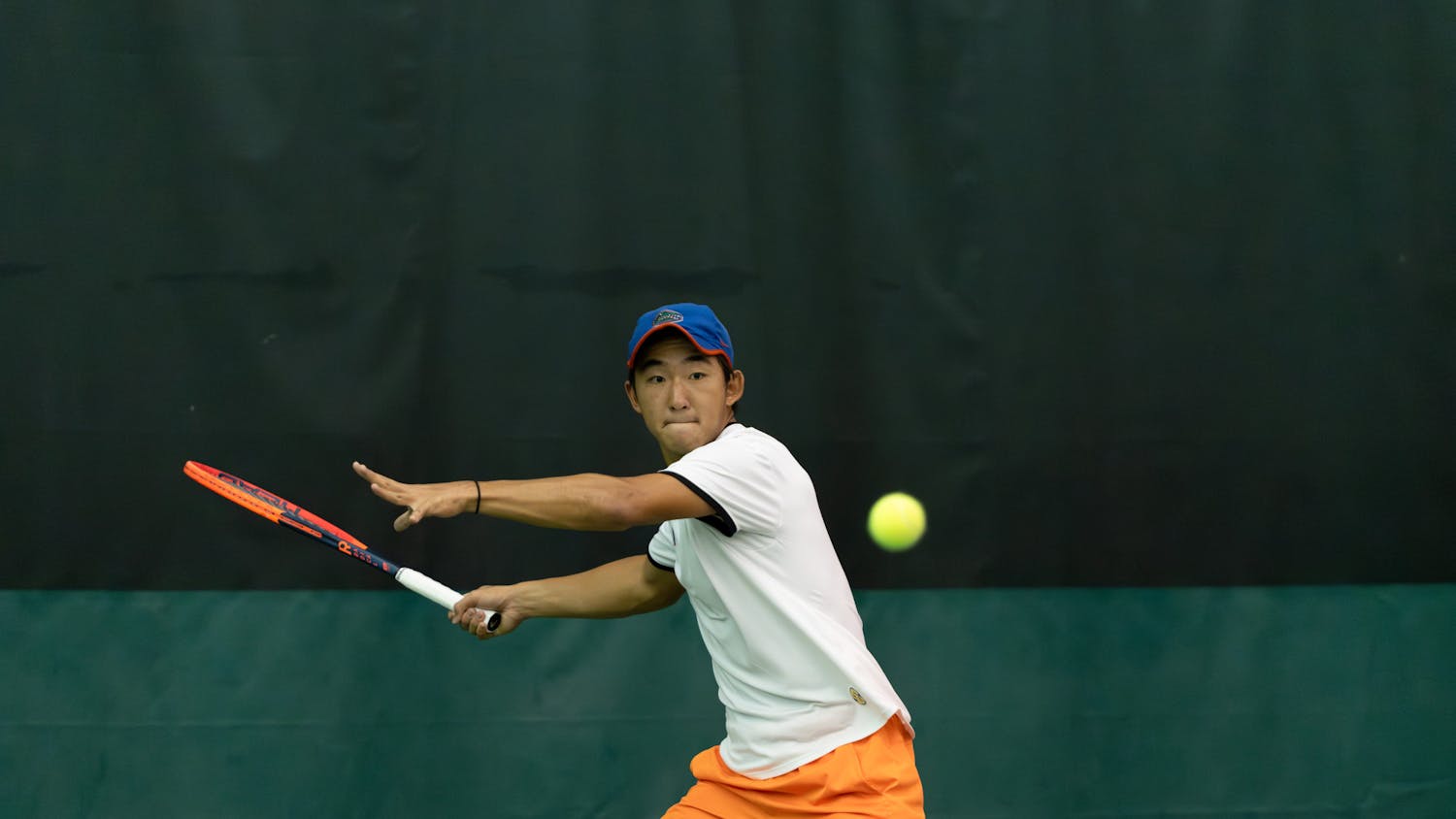For those of you who are not acquainted with how we philosophy majors behave, let me familiarize you: Have you ever met someone who argues simply because they can? This weekend I was sitting with some fellow philosophy undergraduates in our natural habitat, a sanitarily adequate dive bar, talking about "college relationships." Are they superficial? Do they contribute to the development of maturity? As Hillary Clinton’s social-media intern would ask, “WTF is up wit dat lol #ImWitHurrrr.”
Naturally, we looked up the statistics. One in three people find love within a 5-mile radius. On average, someone’s partner lives within a 41-mile radius upon meeting. While 16 percent would not mind traveling to see their better half after realizing that person was “the one,” 18 percent said they exclusively look for relationships within 24 miles.
These statistics suggest those who settle down usually do so within their community — communities that presumably share cultural factors like education, values, religiosity, etc. This is relatively unsurprising. People with a lot in common and who were raised to share fundamental character traits are naturally going to pair off. But our generation was raised on Disney morality: the notion that we are all unique snowflakes waiting to meet another snowflake equally as unique.
How do we reconcile this romantic notion of fate and soul-mate discovery with the seemingly obvious fact of cultural conditioning?
As is typical with questions we millennials ask, the answer lies in smartphones. In Disney morality, we say a character is “falling” in love. I don’t believe that phrase is mere coincidence. When someone is “head over heels” for someone else (the imagery implies a pretty gnarly fall, dude), he or she is literally not oriented correctly. Up is down, left is right and everything is a blur. This “fall” is a truly traumatic experience by which one legitimately reorients his or her life. But we, my fellow millennials particularly, are waning off this lifestyle. Our generation has engaged in more one-night stands than any generation before us.
But how do we facilitate such encounters? In the world of instant gratification and with smartphones becoming almost an extension of our bodies (smartwatches scare the s--- out of me for that reason), apps like Tinder, Bumble and, my personal favorite, JSwipe (shalom) become a necessary part of that process. They provide the same superficial experiences: physically pleasurable and emotionally flexible (therefore safe). Essentially, they allow someone to experience “love” without the actual fall.
Yet there remains a significant portion of us who reject these apps in lieu of forming a long-term, monogamous and intense relationship. For these people, the thought of “destiny” and “finding a soul mate” really reflects their maturity, willingness to compromise and thirst for a calmer, less tumultuous and varied lifestyle: the life of someone “settling” down.
I have a hard time evaluating which lifestyle is more “worth it.” To claim that one is superior to another is to miss the point. You could view the life of calmness as sedentary and complacent, or you could view it as stable and resilient. You could view the life of excitement as reckless and youthful or you could view it as practical and careful.
All I’m saying (confidently) is that in our secular and well connected society, to assume you could live an emotionally fulfilling life with an eternal partner whom you met here at UF, out of the seven billion people on this planet, is equally as naive as assuming you could live an emotionally fulfilling life by not investing those emotions in someone at all or inadequately investing those emotions in several different people.
Love is complex, and relationships are strange. Perhaps there’s comfort in knowing these questions have no answers.
Zachary Lee is a UF philosophy senior. His column appears on Tuesdays.





